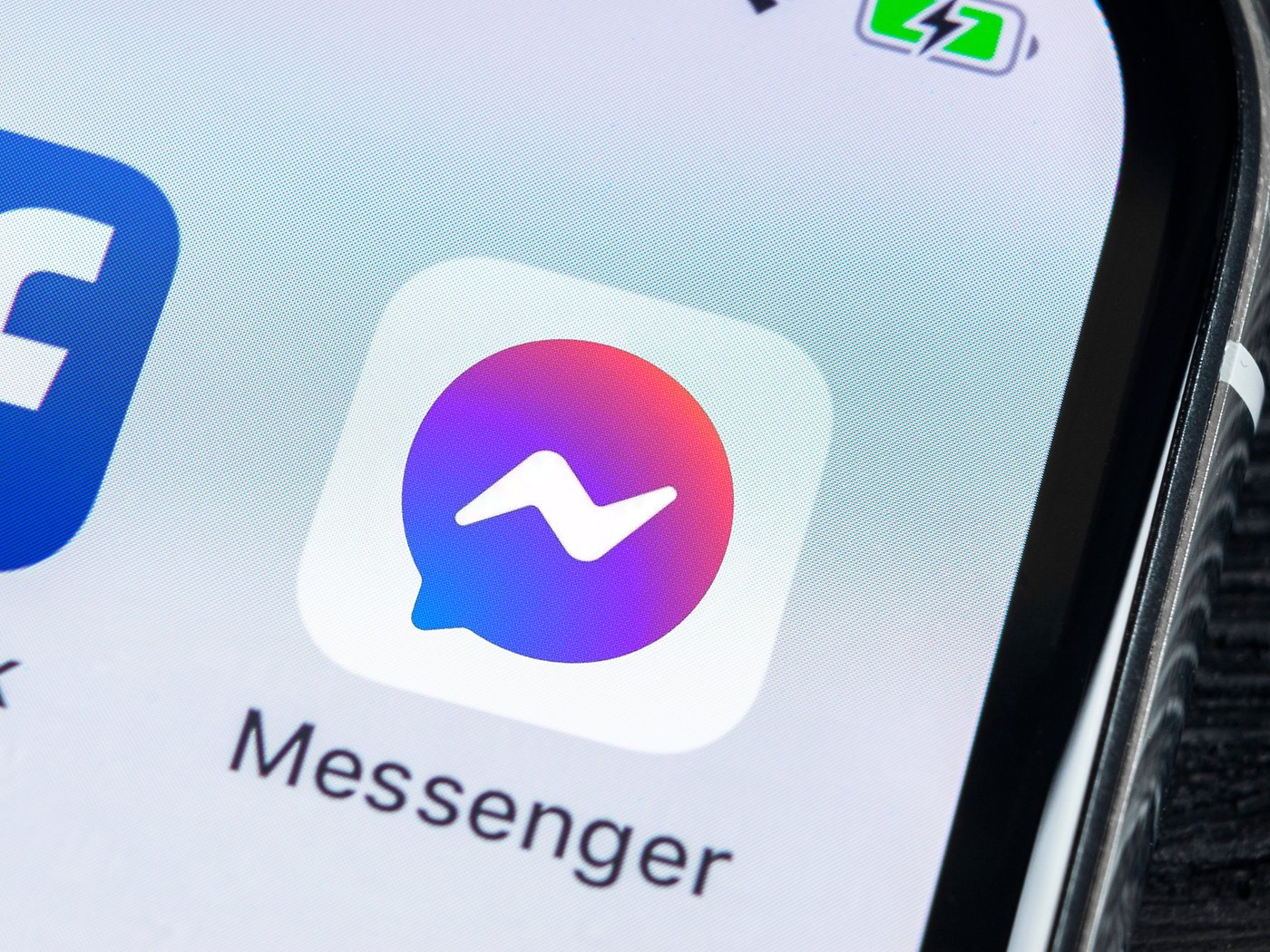Messenger Is Returning To The Facebook Application
In a recent report, Messenger is returning to the Facebook application. Facebook is planning to integrate Messenger back into the main Facebook app. Previously, Facebook had separated Messenger from its main app and required users to download a separate Messenger app to access their messages.
Author:Daniel BarrettMar 08, 20234 Shares632 Views

In a recent report, Messenger is returning to the Facebook application. Facebook is planning to integrate Messenger back into the main Facebook app. Previously, Facebook had separated Messenger from its main app and required users to download a separate Messenger app to access their messages.
However, it seems that the company has now decided to bring Messenger back into the Facebook app, allowing users to access their messages without having to switch between apps.
This move is likely aimed at simplifying the user experience and making it easier for users to stay connected with their friends and family on Facebook. It may also be an attempt to consolidate Facebook's various services and bring them all under one roof.
Facebook first separated Messenger from its main app back in 2014, a move that was met with some backlash from users who didn't want to have to switch between two separate apps to use Facebook's messaging feature.
However, over time, the Messenger app grew to become a popular messaging platform in its own right, with features such as video calling, group chats, and a range of interactive tools.
Now, it seems that Facebook is reversing course and bringing Messenger back into the main Facebook app. This move has been in the works for some time, with Facebook CEO Mark Zuckerberg announcing in March 2021 that the company was working on integrating Messenger, WhatsApp, and Instagram into a unified messaging platform.
According to reports, the new Messenger integration will allow users to access their messages and chats within the main Facebook app, without having to switch to a separate app. The integration is expected to roll out gradually, and users may be prompted to update their app in order to access the new Messenger feature.
One potential benefit of this integration is that it may make it easier for users to discover new Messenger features and tools, such as the ability to send money to friends or use Messenger's augmented reality (AR) effects.
It could also make it easier for businesses and advertisers to reach users directly through Messenger, as the messaging platform becomes more closely tied to the main Facebook app.
The Messenger integration will reportedly include all of the same features and functionality as the standalone Messenger app, including chat themes, reactions, and the ability to make audio and video calls.
Users who prefer to use the standalone Messenger app will still be able to do so, and their messages and chats will be synced across both apps.
The Messenger integration is part of a broader push by Facebook to streamline its user experience and create more seamless integration between its various products and services.
Integrating Messenger back into the main Facebook app could make it more convenient for users who don't want to have to switch between multiple apps to access their messages. It could also help to promote greater use of Messenger's features and tools, which could be a boon for businesses and advertisers who use the platform to communicate with customers.
However, some users may be wary of Facebook's track record when it comes to data privacy and security, and may be hesitant to give the company even more access to their messaging data. Others may simply prefer to use a separate app for messaging, in order to keep their messaging and social mediaactivities separate.
Final Words
Overall, it remains to be seen how successful the Messenger integration will be, and whether it will be embraced by Facebook's massive user base. But it's clear that Facebook sees messaging as a key part of its future strategy, and is making moves to bring its various messaging services closer together.
Jump to

Daniel Barrett
Author
Latest Articles
Popular Articles